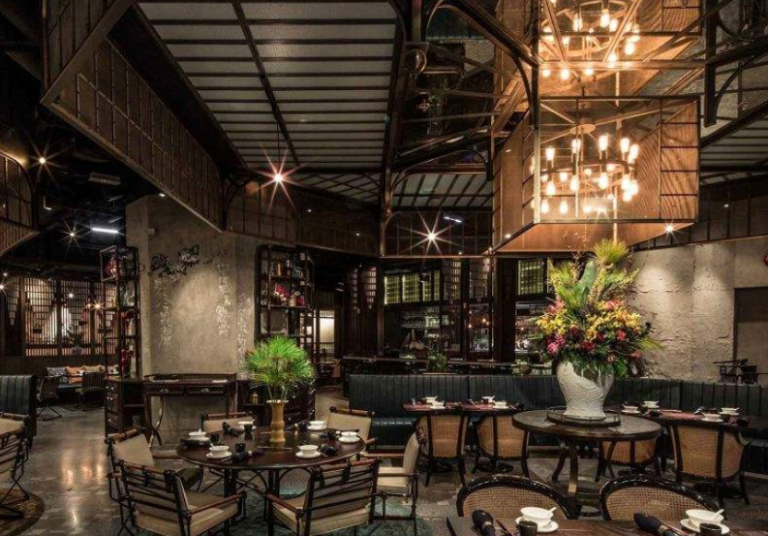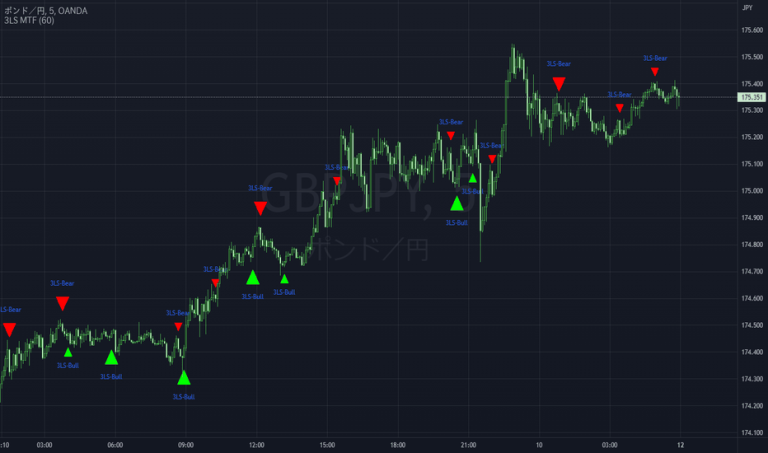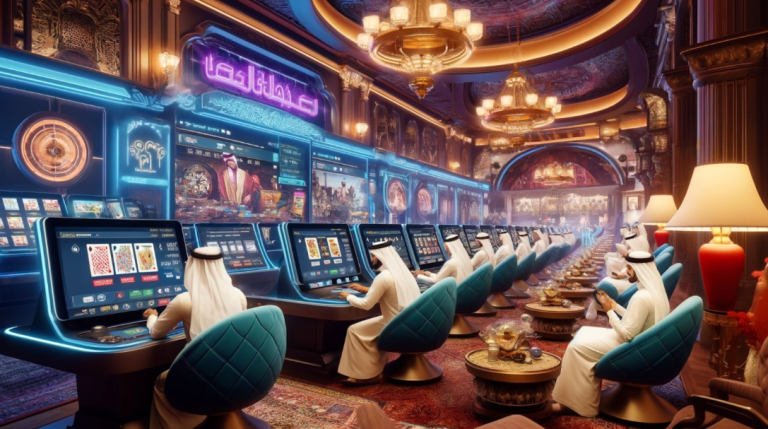How McDonald’s Dynamic Pricing Imitates Casino RNG
McDonald’s is experimenting with dynamic pricing, where costs may soon fluctuate depending on demand. This mirrors how casinos use RNG algorithms to control chance and timing. Both fast-food customers and players encounter unpredictable expenses. This crossover between service psychology and gaming is particularly intriguing. For those looking for risk-free digital entertainment, an appealing option is a rocketplay casino bonus ohne einzahlung, which lets you enjoy gaming without financial risk.
Surge Pricing Meets Random Chance
McDonald’s new dynamic pricing model uses algorithms to adjust costs in real time. Much like digital slot machines, these systems rely on complex programming to vary outcomes. The goal is to maximise engagement and spending. Both industries leverage unpredictability to shape user behaviour.
- McDonald’s plans to implement AI-driven menu pricing in over 100 test locations by late 2024
- Dynamic pricing can increase revenue by up to 15% during peak hours according to internal estimates
- Over 70% of customers are unaware when surge pricing is active during initial trials
- Casino RNG systems undergo over 10,000 tests monthly to ensure “random” compliance
- McDonald’s mobile app tracks order timing, influencing individual price displays
The Illusion of Control in Consumer Spending
Customers believe they choose when to buy. In reality, algorithms decide what they pay. McDonald’s dynamic pricing shifts costs silently. A McFlurry may cost more at 7 PM than at 3 PM. There is no warning or explanation. This mimics casino environments where machines alter odds based on time or player behaviour. People feel in control while systems quietly pull strings. Both settings use variable rewards to encourage more spending. You might not notice the price change. But your wallet certainly will.
How Algorithms Replace Human Decision-Making
McDonald’s now uses AI to set prices. Computers analyse foot traffic, weather, and local events. Menus update without human input. Casinos have done this for years. Slot machines use RNGs to determine payouts. Both systems remove human judgement from transactional fairness. The result is a experience tailored for profit, not people. Customers and players adapt to machine-made randomness. It feels modern. It also feels slightly unsettling. Automation drives efficiency but reduces transparency. You are not negotiating with a person. You are dealing with code.
McDonald’s dynamic pricing and casino RNGs share a common foundation. Both use algorithms to create variability. This unpredictability boosts engagement and revenue. Consumers experience personalised, shifting environments. The line between entertainment and exploitation blurs. Understanding these mechanisms helps people make informed choices. Next time you order a burger or spin a reel, remember the code behind the curtain. Your experience is no accident. It is carefully engineered.







